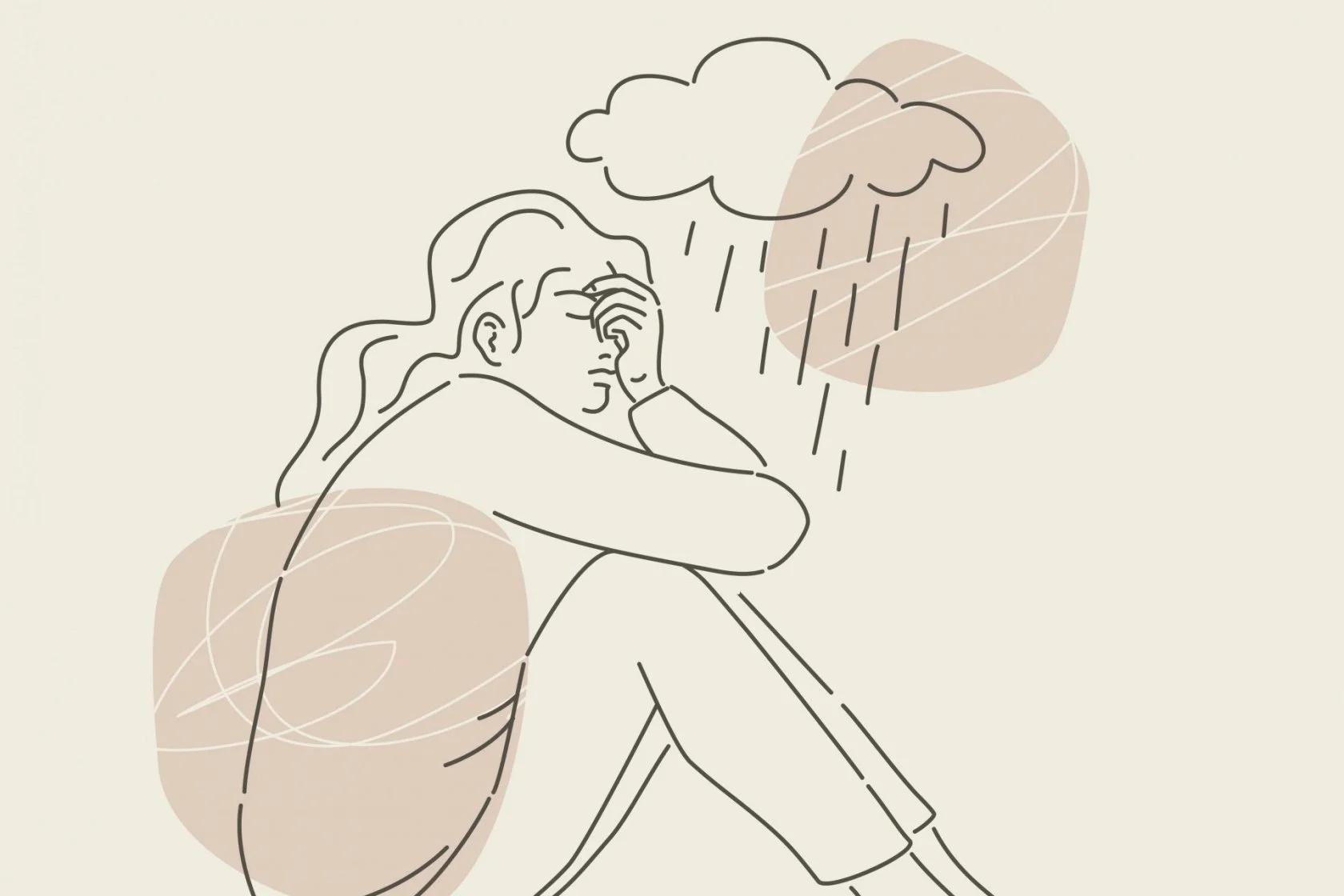Trauma therapy for adults and teens in Minneapolis and online across MN & CA
Helping people heal from the effects of trauma
You feel stuck in the same self-destructive patterns, but don’t know what to do or how to ask for help.
You’re in a long-time battle with your harsh inner critic voice. It loves to diminish your accomplishments, or knock your confidence down just as you’re about to do something out of your comfort zone. It feels like that voice is always with you, whispering reminders of past failures. You’ve tried to drown it out, but it just gets louder and meaner.
You struggle with how to actually feel your emotions without them taking over. You wonder if anyone else feels as angry as you do and what their secret is for not exploding. It feels like you live your life at a slow boil and you’re just waiting for when the lid will fly off. You’ve tried to meditate or take deep breaths, but it never seems to really do anything to help long-term.
You have trouble connecting with your friends or keeping romantic partners. Or you have friends, but you’re not sure if anyone really knows you or actually wants you around. When you’re starting a new relationship and things seem to be settling, you feel that familiar tug to run away or lash out at them. It feels like even if you let yourself be seen, you already know the other person will reject you and it won’t work out.
You’re ready to dig into therapy so you can feel more confident speaking up, increase capacity for vulnerability in relationships, and ultimately feel more secure in who you are.
Our sessions focus on
-
Sometimes we have trouble identifying the real core of what we want for ourselves in therapy. It may be surprisingly hard to name something you’re truly longing for. You might feel so disconnected from your hopes that it’s difficult, even painful, to put into words. We work together to clarify what it is you’re wanting from our time together.
-
There is a natural tendency for many people to rely on criticism and harsh judgement of ourselves as a mechanism for change. However, shaming responses do little to shift us out of those learned patterns. In session, we practice slowing down and asking questions from a lens of curiosity. Curiosity is the foundation of our internal exploration.
-
As we practice slowing ourselves down, we are better able to recognize familiar feelings or experiences pulling us into negative patterns. This process can take time to develop, but building the capacity to choose something different for ourselves can be truly empowering, especially in response to familiar patterns like self-criticism or shame.
-
Trauma produces disconnection, both from others and ourselves. This may feel like a regular, everyday occurrence, but it can also emerge in therapy sessions. We work to identify the ways that our brain tries to protect us and become familiar with what it is like when we feel connected to ourselves versus when we feel disconnected.
Helping you connect to what you’ve been longing for.
In our work together, we will focus on understanding your internal world on a deeper level – how you’re relating to yourself, what patterns you’re feeling stuck in, and what might be getting in the way of the connection you’re longing for. It is easy to believe that you’ve always been this way or that it feels impossible to heal in the ways you’re truly wanting, but I’m here to boldly push back with: healing is possible.
Whether you’ve been in therapy before or you’re at the trailhead of your internal journey, we start therapy together by identifying what feels most important for what you want to work on. For some people, this may be difficult to name out loud, and that is okay. We will explore how your past experiences and beliefs have shaped how you’re experiencing yourself, others, and the world around you and we will work to shift how you’re able to show up and build your capacity for connection.
I believe each person is unique, even if they’ve experienced similar traumas. How you’ve related to your past experiences doesn’t fit into a cookie cutter, so therapy shouldn’t either. Our sessions will be tailored to where you’re at and what you’re wanting as we slowly shift how you relate to yourself, connect with others, and show up in the world.
More about the trauma I work with
-
PTSD, or post-traumatic stress disorder, may develop after experiencing or witnessing a traumatic event involving or threatening death, serious injury, or sexual violence.
You may feel symptoms such as flashbacks, nightmares, or intrusive thoughts; being easily startled, having difficulty concentrating or sleeping; and avoiding people, places, or activities that remind you of the trauma.
-
Additional to PTSD, Complex PTSD is distinguished by an additional 3 symptoms:
1. Struggles with interpersonal relationships
2. Negative self-concept
3. Affect dysregulationThese may have originated from developmental or attachment woundings in childhood.
-
Shock trauma is a psychological response to a traumatic or distressing event, such as a car accident, assault, or natural disaster.
You may feel symptoms such as panic, dissociation, denial, or numbness.
-
Religious trauma and spiritual abuse, though newer terms, have had a profound impact on many people. Experiences of harmful religious teachings (such as the fear of eternal punishment) and purity culture can lead to intense feelings of guilt and shame, which can impact numerous areas of an individual’s life.
Tackle these issues with a
Certified NARM Master Therapist
So, what is NARM?
The NeuroAffective Relational Model (NARM) was designed to help therapists treat attachment, relational, and developmental trauma by supporting clients’ connection to self and ability to regulate their nervous system. These traumas can cause lifelong attachment patterns that impact both symptoms you might (or might not) notice in your body and mind, along with interpersonal difficulties. We work through these struggles by establishing greater connection to the parts of ourselves that are more organized, while also increasing thoughtful awareness to the parts of ourselves that are more disorganized. NARM emphasizes working with both strengths and symptoms, the internal and external, and supporting greater connection to self and capacity for self-regulation.


